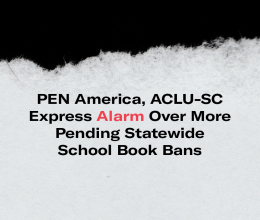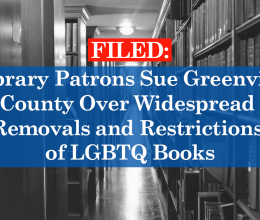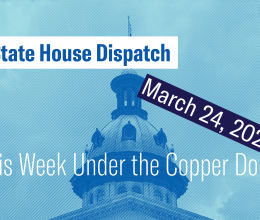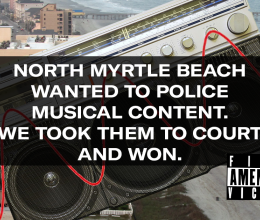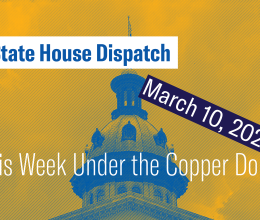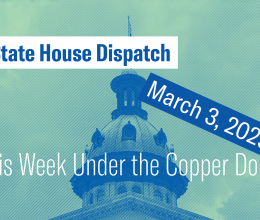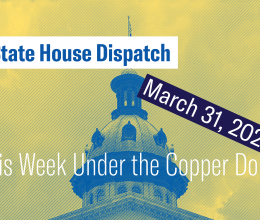
On Sunday, May 31 we watched as multiple police departments converged in Marion Square to break up peaceful protests calling for racial justice and an end to police brutality against Black people. Law enforcement’s response to a non-violent protest about police violence was pure and unnecessary brutality.
The police violence we witnessed first-hand matches the videos we’ve seen of police violence that occurred later that evening in Charleston’s Eastside community, where officers carried on their brutality against Black community members.
The weapons that law enforcement used to indiscriminately brutalize people in Marion Square and the Eastside can and have killed people and caused other long-term health consequences. Additionally, experts have clearly warned that the use of tear gas threatens to worsen the spread of COVID-19, which we know is disproportionately impacting Black and Brown communities. This excessive, unprovoked police action is a part of a pattern that cannot be ignored.
We are united in solidarity with Charleston’s Eastside and all of South Carolina’s communities who face police violence. Calls for accountability have been met with silence from Charleston Police Chief Reynolds and other local and statewide law enforcement leaders whose officers executed this pattern of violence. It is unconscionable that law enforcement have chosen to respond to community concerns about police violence with silence.
Police brutality has a long history in America. Throughout history, our laws and political leaders have protected the oppressor over the oppressed — from punishing abolitionists instead of slave owners, to punishing opponents of mass incarceration and police violence instead of those who perpetuate it.
The police violence witnessed by Eastside community members was not an anomaly. Our policing system isn't broken — it's working as it was designed. Police have been, and continue to be, a key mechanism for enforcing many of these racist and exploitative policies. Coming to terms with that means recognizing that the system has to be completely dismantled so that Black people can finally live freely and without fear in this country.
Law enforcement actions on May 31 made another great case for why we must drastically reduce policing in our society, especially in communities of color that historically have been over-policed. It's time for Charleston’s political leaders to listen to and learn from those directly harmed by police violence and to finally build a Charleston that is safe and just for all.

